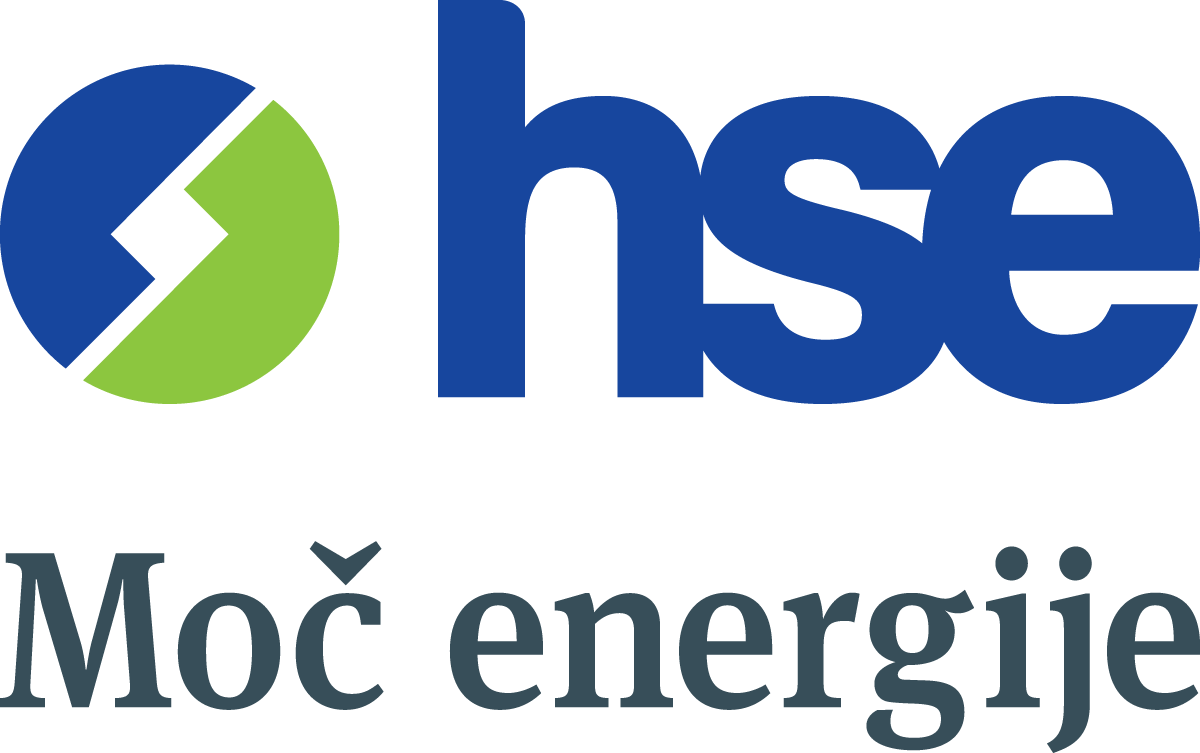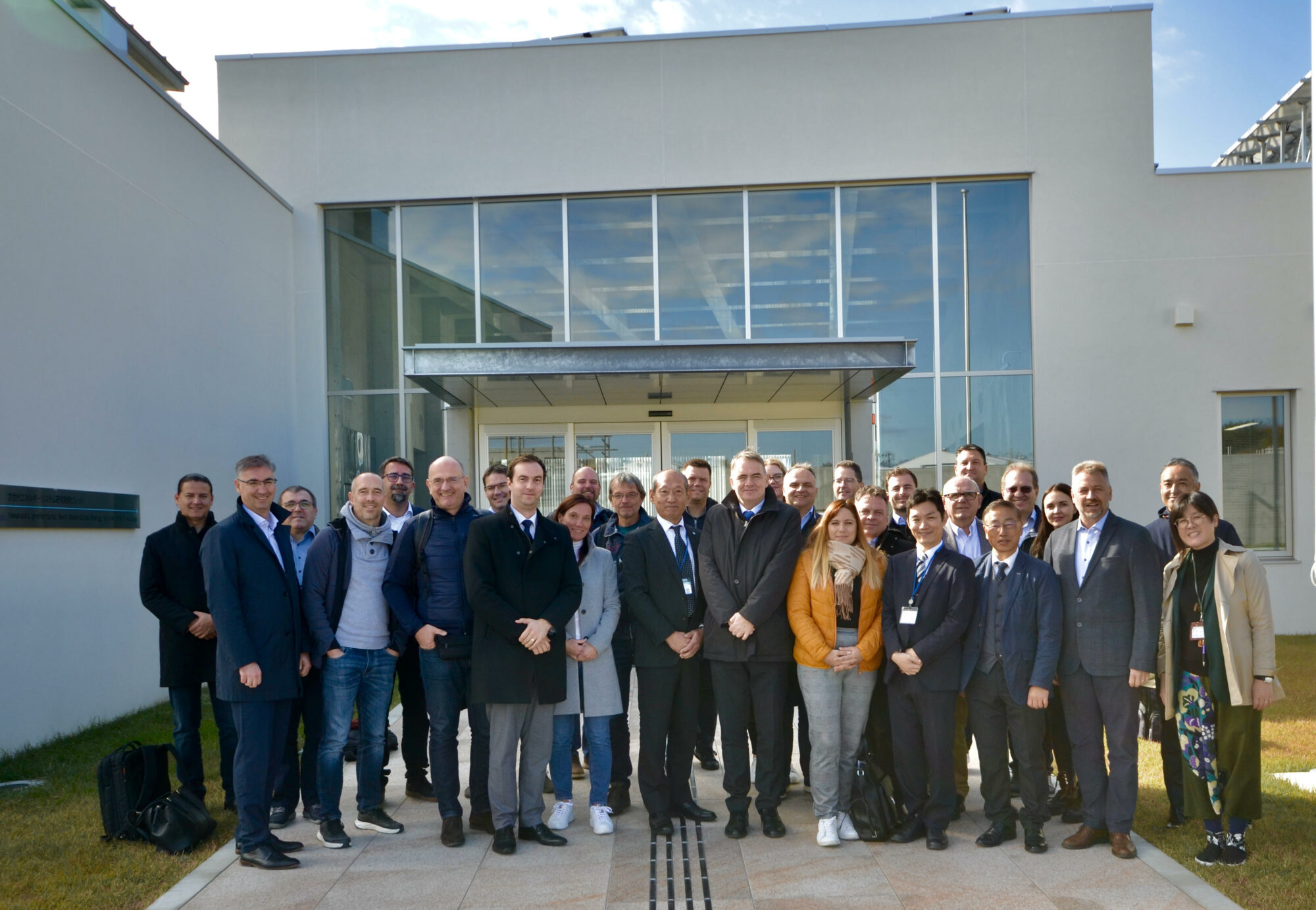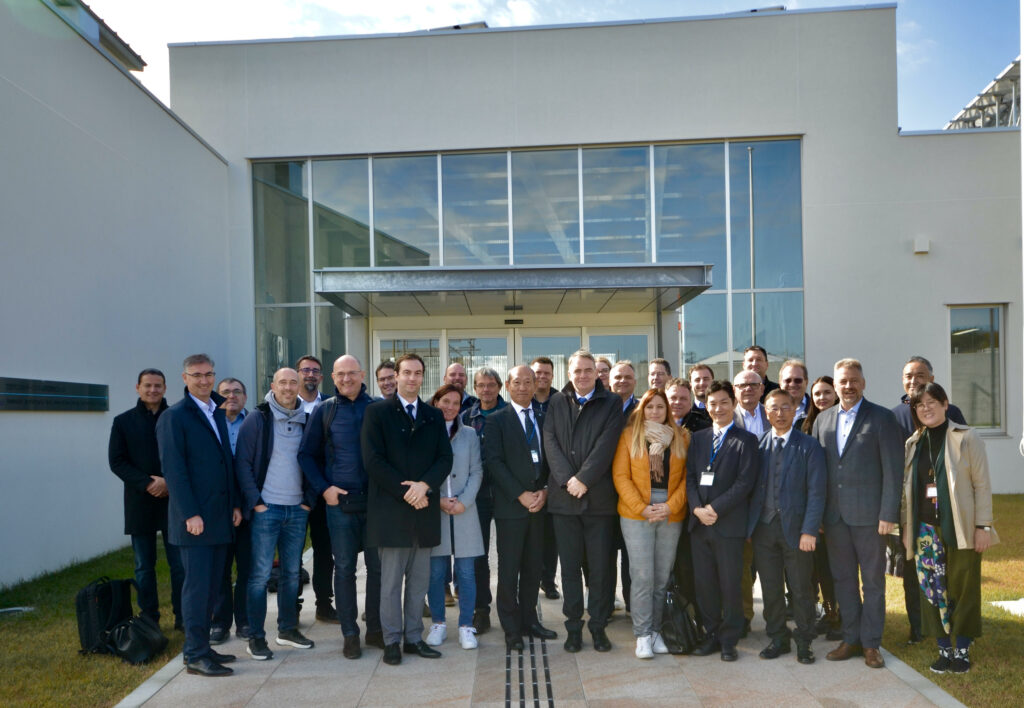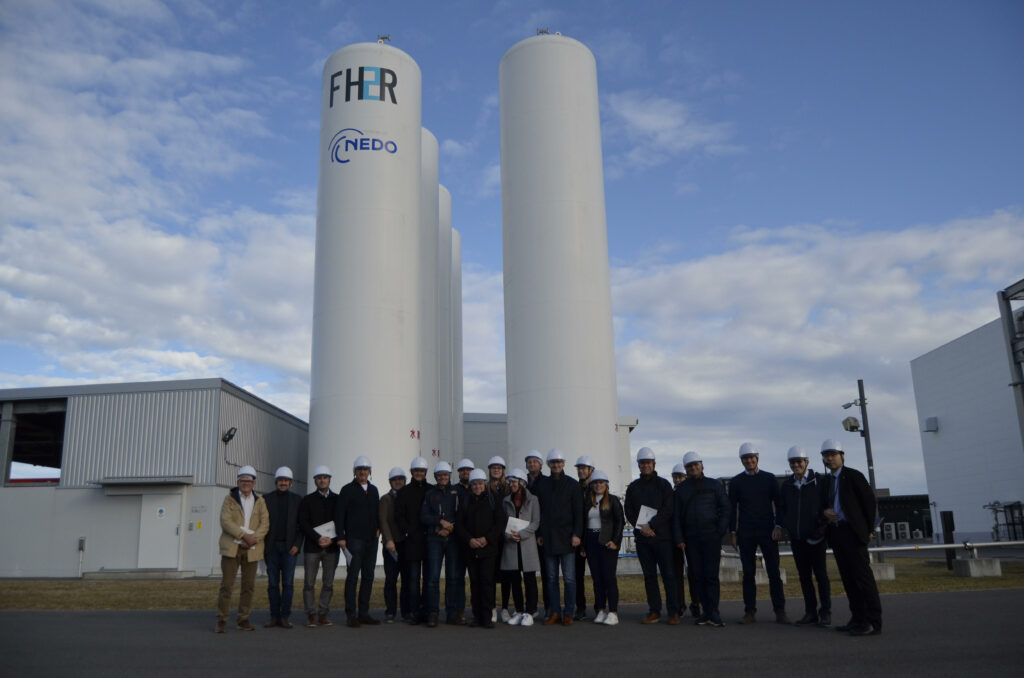Holding Slovenske Elektrarne (HSE) is assuming a major role in the field of hydrogen technologies. Not only is it a leading partner in the North Adriatic Hydrogen Valley (NAHV) project, it has also joined the Consortium to Establish a Hydrogen Ecosystem from Low-carbon Sources (Hydrogen Consortium). A Slovenian delegation visited Japan at the end of November and met with potential partners.
“The Hydrogen Consortium brings the treatment of hydrogen technologies to the national level and will closely cooperate in finding ways to establish a nationwide low-carbon hydrogen system that will enable the energy transition in Slovenia and potentially serve as a model for the European Union member states and other countries around the world,” stated their press release, which also noted the importance of integration, as the consortium includes both producers and (industrial) consumers of electricity as well as network operators and distributors.
By visiting Japan in November, members of the consortium, including the head of the HSE development and investment department, dr. Jerneja Sedlar, strengthened their ties with some key potential Japanese strategic partners, prominent among which are Toyota Motors and Mitsubishi Corporation, which could help to realise the bold ambitions of the members of the Hydrogen Consortium in the future. Sedlar said after the visit: “The visit to Japan confirmed once again that everything HSE does in the field of hydrogen technologies is done right.” She added that the visit was also useful from the aspect of strengthening ties with Japanese companies, which, together with the Japanese research and development agency NEDO, are drawing up an application for joint projects. The head of the HSE development and investment department presented to the Japanese delegation the development projects that HSE is preparing for the upcoming investment period, and they were impressed, because HSE is marked on the hydrogen map as the spearhead of carbon-free technologies in Slovenia.
Uroš Kerin, the coordinator of the consortium from the power transmission system operator ELES, was happy with the working visit, and summarised his impressions as follows: “By visiting Japanese companies, the consortium upgraded its knowledge in this field, obtained valuable information about hydrogen technologies that have already been implemented, and above all, took a step forward in its efforts to enlist the participation of prominent Japanese corporations that have extensive experience in this field.”










